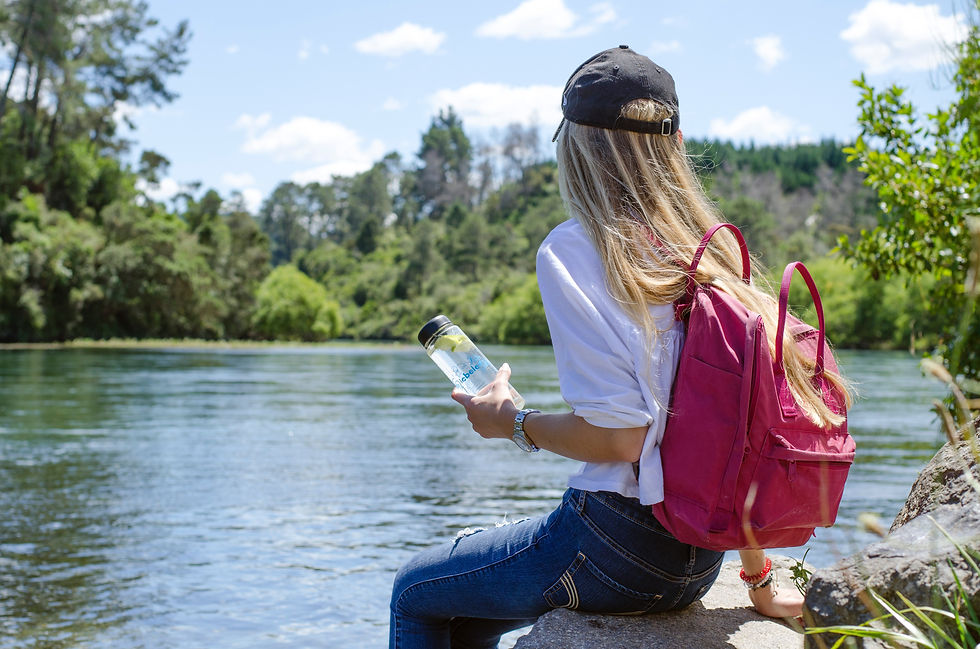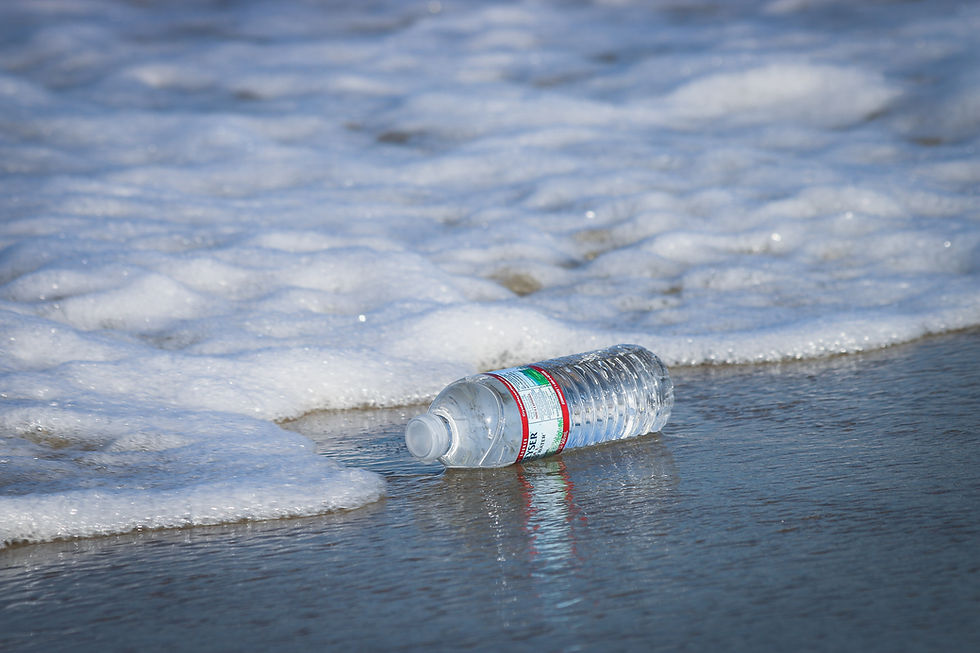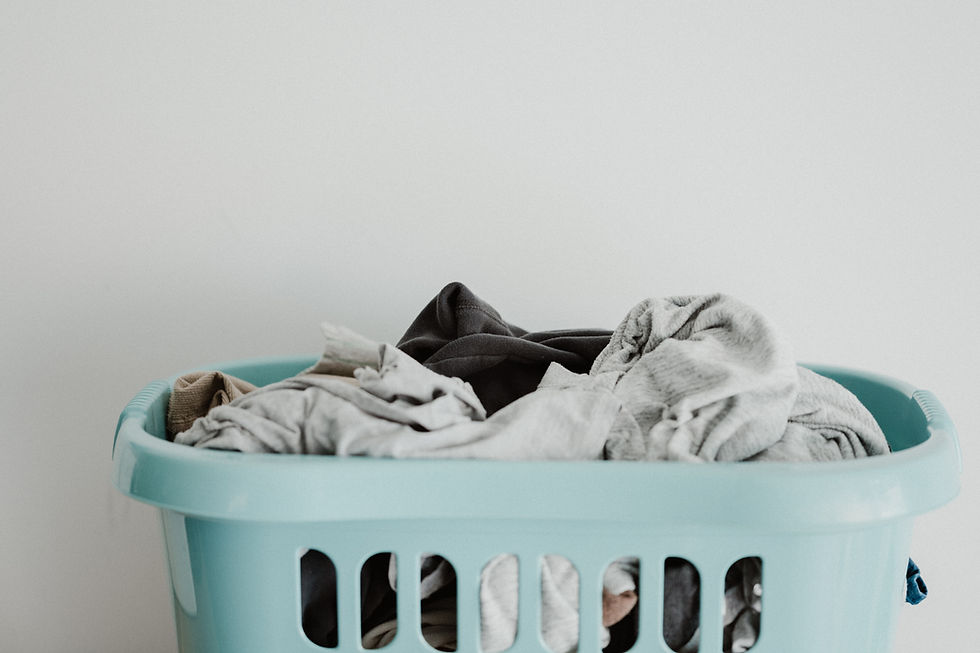
Plastic pollution is often associated with the massive amount of plastics in the world's oceans, like The Great Pacific Garbage Patch. Or we think about the birds that died with their stomachs full of pieces of plastic. People often talk about reducing single-use plastics, but how often do we think about the small plastics in our soaps and clothing, known as microplastics?

What are microplastics?
Microplastics are small plastic particles less than five mm in diameter (slightly thicker than a stack of four dimes). Microplastics come from:
Plastic, like water bottles, that break down
Tiny plastics in our products, like exfoliating skincare and scrubbers in soap
Synthetic fabric threads that fall off our clothing in the washing machine

Are microplastics a problem in Manitoba?
The University of Manitoba sampled our rivers and lakes, finding that Lake Winnipeg has five BILLION pieces of microplastic floating in its waters. Four hundred million microplastics per year enter Lake Winnipeg through the Red and Assiniboine Rivers. The largest culprits (89 per cent of the microplastics found) are threads of synthetic material that separate from our clothing in the washing machine.

Why are microplastics an issue in our freshwater?
Washing machines, drains, and water treatment plants often can't filter out such small particles. The released microplastics float around and accumulate in our freshwater ecosystem. It takes hundreds of years for plastic to biodegrade.

Are microplastics dangerous to humans?
Research on microplastics is new, so the long-term effects on humans are unknown, though many scientists are concerned. Microplastics might harm humans when we ingest microplastics or contaminants that have leached into our water.

Four ways you can reduce your impact of plastics on our streams, rivers, lakes, and oceans:
Wash laundry only when you have enough for a full load
Wash in warm or cold water
Decrease the intensity of the spin cycle
Choose natural fibres, such as cotton, bamboo, and wool
If you want to learn more ways to protect our freshwater resources, please visit lakefriendly.ca
Komentarze